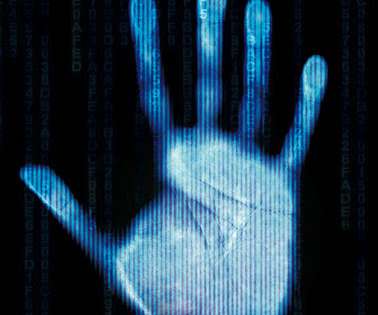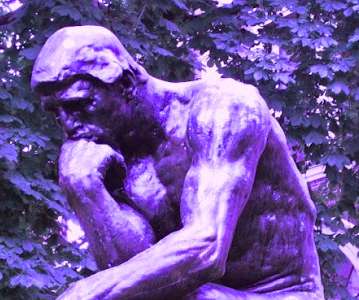Digital identity
Learning with e's
APRIL 23, 2020
When we immerse ourselves in the digital world, and we mediate our communication through technology, it becomes more complex still. Educators need to understand this when they teach online. Digital identity by Steve Wheeler was written in Plymouth, England and is licensed under a Creative Commons Attribution-NonCommercial-ShareAlike 3.0













































Let's personalize your content